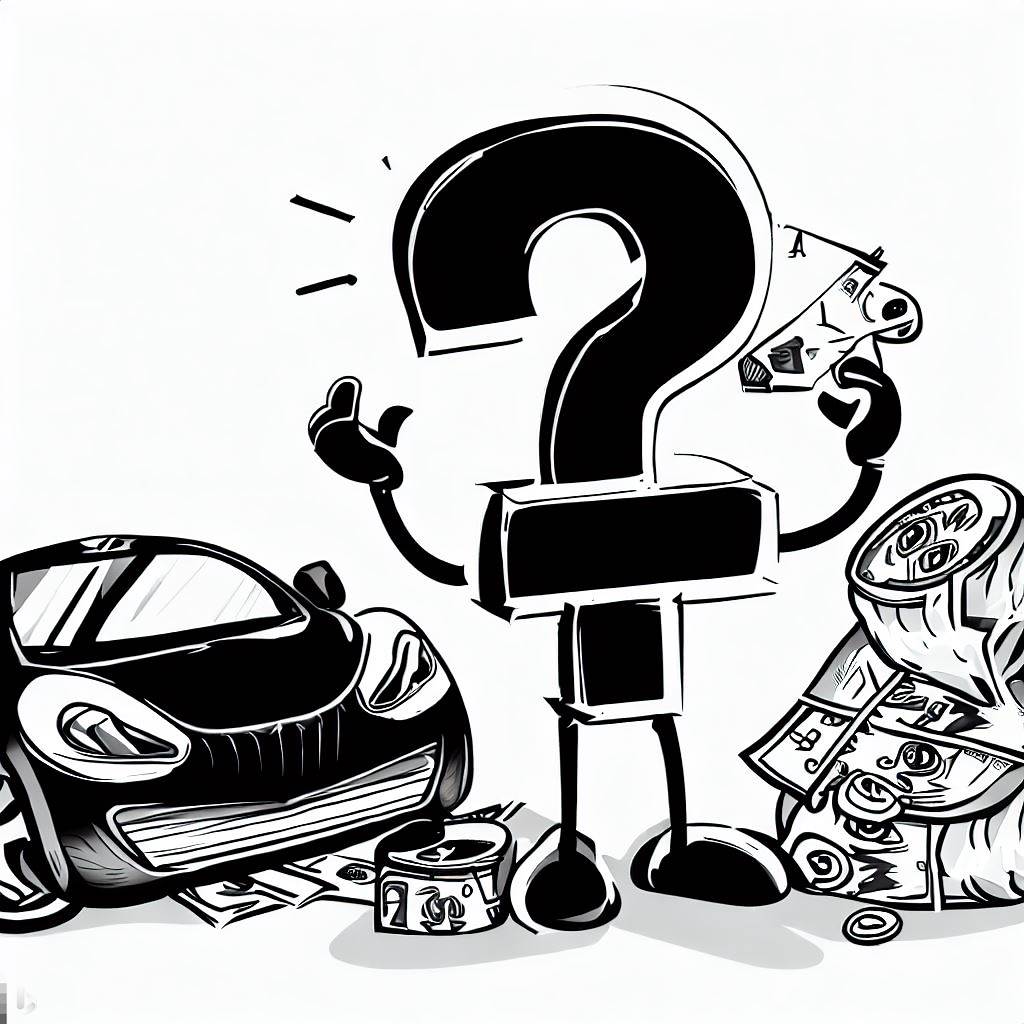Consider factors like your budget, future home purchase plans, repair costs, new car expenses, and reliability. Prioritize your savings and be mindful of a car's depreciation. Ultimately, make a choice that aligns with your financial goals and doesn't strain your finances, keeping in mind that there are affordable and reliable options available.
___________________________________________
My current car needs a lot of work done to get it road worthy again and the amount it will cost to fix is worth more than the car. Should I splurge and get a decent car worth 20k that meets all my needs and will last a really long time or fix my existing. I’m also going to be buying my first home in roughly 6-12months time (I have a deposit saved in another account) and don’t want this decision to affect my first home. What is the best thing to do in this situation?
(Original question on Reddit)
___________________________________________
Deciding whether to buy a new car or repair your existing one is a significant financial decision, and it’s important to consider your overall financial situation and goals. Here are some factors to consider when making this decision:
Budget
Review your current financial situation and determine how much you can comfortably afford for a new car or repairs without impacting your ability to save for your first home. Consider your monthly expenses, income, and savings goals. It’s important not to overspend and end up with unnecessary financial tensions, so buy what you can afford comfortably.
Future Home Purchase
Since you plan to buy your first home in the near future, it’s crucial to keep your finances in good shape. Large purchases, like a new car, can affect your debt-to-income ratio and your ability to secure a mortgage. Lenders consider your financial stability when approving loans, so be cautious about taking on additional debt. It’s wise to avoid purchasing a car that stretches your budget to the limit, as this could potentially jeopardise your ability to make timely mortgage payments. Lenders will closely assess your track record of debt payments, making on-time payments a critical factor in securing a mortgage.
Cost of Repairs
Get multiple quotes for the repairs needed on your current car. Compare the repair costs to the current value of your car. If the repairs are significantly more expensive than the car’s value, it might not be cost-effective to repair it. There’s no telling when your car may need new repairs, so it may not be worth repairing it as a new car may be better for the long term.
New Car Costs
Consider all the expenses of buying a new car, including the purchase price, taxes, insurance, registration, and ongoing maintenance. Make sure you have a clear understanding of the total cost of ownership. This way, you won’t be caught off guard by unexpected expenses after you’ve bought the vehicle.
Reliability
Assess the reliability of the car you are planning to purchase. Will it last a long time without issues? It’s worth researching different car brands and seeing which ones perform better over the long run. Doing this research can save you the hassle and expense of future repairs.
Savings
Ensure you have enough savings for your down payment on the new home and that your car decision won’t deplete your savings to a point where you can’t comfortably afford the home you desire.
Depreciation
Remember that a car is generally a depreciating asset, which means it loses value over time. When you drive a new car off the dealership lot, it depreciates. So, depending on your financial situation, overspending for a car may not be wise, as it will lose value over time. You can find reliable cars which cost less than $20,000 for sale, so it’s worth taking your time to find good quality vehicles that won’t break down easily.
As you mentioned, the repairs will cost more than the car is worth. it may not be worth putting that much money into the repairs as there is no guarantee that it won’t have more issues in the future. So saving and investing your money is important, and you don’t want to increase your expenses during this stage significantly. Ultimately, the best decision depends on your unique financial situation and priorities. Consider the factors and choose the option that aligns with your financial goals and long-term plans. Whether you repair your current car or purchase a more affordable and reliable vehicle, the key is to strike a balance that allows you to meet your transportation needs while staying on track toward your homeownership goal. You can find cars that are under $20,000 and will meet all your needs, so don’t feel pressured to spend too much on a car just to ensure it’s reliable, as there are plenty of options within your budget.
Hope this helps.
Regards, Clive Fernandes (Financial Adviser)
Director – National Capital
Disclosure: I am the director of National Capital, a KiwiSaver advice firm. The views expressed in this article are the views of the author. The information provided is of a general nature and is not intended to be personalised financial advice. You may seek appropriate financial advice from a Financial Adviser to suit your individual circumstances or contact National Capital.
